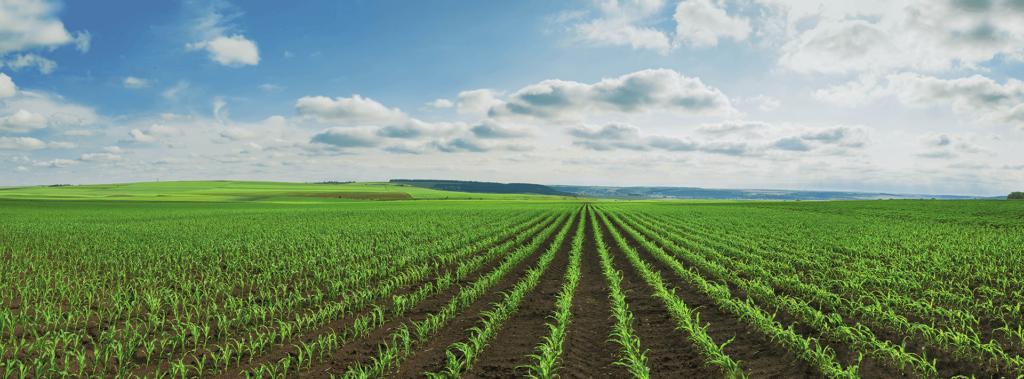Agriculture is changing — in ways that benefit everyone from the large row crop farmers down to the average home gardeners. The world is slowly starting to realize the importance of sustainability, and the agriculture industry is leading the way. While changing your habits to lead a more sustainable lifestyle may deem daunting, you can start with small steps toward creating a significant change. If you’re looking for a small actionable step towards a more sustainable future for everyone, you should consider switching to certified organic turkey litter for your crops.
Have you heard people say that manure is only worth its value in nitrogen and the rest is just water? We’re here to tell you that manure is much more complex than a simple combination of nitrogen and water.
If you’re looking to boost your fertility and raise your yield, implementing OMRI-listed organic turkey litter will do just that. The soil will become enriched with nutrients and beneficial soil organic matter—giving long-lasting results all the way into year two.
What’s Inside Certified Organic Turkey Litter?
Organic turkey contains nearly 80% organic N, P, & K that are not readily available for uptake by the plant until they are converted to the inorganic form, at which time the nutrients are available for plant use.
Leaching isn’t an issue with organic turkey litter as it is converted slowly, limiting the loss to volatilization of ammonia (smell) and not running down into your water supply. Applying this highly organic fertilizer, coupled with other nutrients such as calcium, sulfur, and manganese, is like building a nutrient savings account that will slowly release and convert to feed for your plant all season long!
How to Implement OMRI-Listed Organic Turkey Litter
After you’ve decided to switch to organic turkey litter so you can partake in sustainable agriculture for a better future, you need to consider a few factors before implementing the product. The following are some of the most important aspects to consider:
– If your land is rented, make sure you have solidified access to it in the following year as it would be unfortunate to purchase turkey litter if you couldn’t stick around to reap the benefits.
– Planning for the future is important on any farm. You should consider crop rotation as it is a great practice to improve future soils!
– Considering future crop fertility requirements is imperative when setting up a fertilizer program. Turkey litter applied before first-year corn at 3-4 tons per acre will not have detrimental effects — so, that means you’ll experience no lodging or white mold due to high Nitrogen on following year soybeans or forage crops.
– With turkey litter being an all-in-one fertilizer program, you lose the ability to spoon-feed specific nutrients. You should take soil samples prior to application to determine the best application rate. The correct rate is debatable as some apply to a nitrogen goal and others apply to a phosphorus threshold. Still, it is crucial to stick with a plan of attack for consistency of your soil structure and nutrient availability in the soil.
Create Change With Your Personal Projects
We can collectively take steps towards sustainability. You don’t need to be a big-time farmer to use turkey litter. Whether it be small-scale gardens, conventional row crops, forage, or even revitalizing pastures when composted — you can create sustainable change by choosing this product for any of your personal projects. Fun farm fact: When applied at a rate of 2 tons per acre to a forage crop, the result yields 29% higher in crude protein and 2% higher yields than when using a similar synthetic fertilizer program! Not only will you notice changes almost immediately, but you’ll reap the benefits (pun intended) with future fertility and SOM content.








